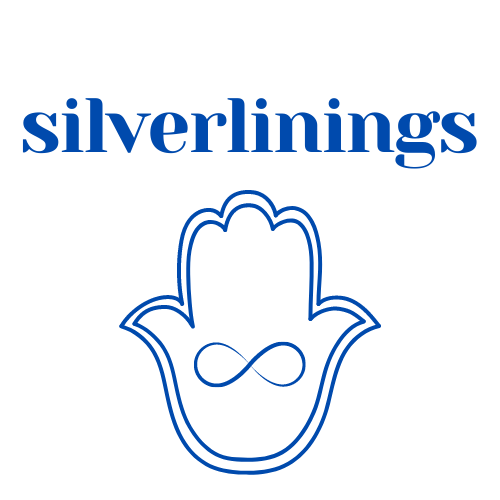Childhood trauma is your first language, it's time to learn a new one
We take for granted that we speak our native language fluently and without conscious thought.
That language was taught to us by our caregivers and teachers. We didn’t choose that language for ourselves nor did we decide that was the best language for us. In fact, as adults it takes quite a bit of time, energy and persistence to learn a new language.
What does language have to do with trauma?
When you consider childhood trauma, it relates perfectly to learning a language. Regardless of the type of trauma, whether it was ongoing abuse and/or neglect or a specific event, you learned something about yourself and the world. Did your abuse teach you that domestic violence is “normal”? Did your neglect teach you not to trust others to care for you? Did a sexual assault teach you that the world is a dangerous place?
How did you learn to “BE” in the world because of your trauma?
Your trauma taught you how to relate to yourself, to other people and the world at large. Just as you learned a language as a young child, you learned how to behave as a result of your trauma. These behaviors can be physical, such as being easily startled or going into fight or flight when you are not in danger. You can experience psychological repercussions such nightmares, mood swings or flashbacks. Your trauma also causes ways of being that affect relationships such mistrust, controlling behaviors or shutting down in communication.
What does this mean for me?
The bottom line is that your trauma does not define you. It’s affects might cause many of the ways of being that you have always known. But these ways of being are NOT YOU. They are simply residual pain from your trauma. You can learn a new way of being that will be supportive and loving towards yourself and others. Just as you can learn a new language as an adult, this process is not easy and takes work and persistence. It is as easy to slip back to the trauma behaviors as it is to slip back into your mother tongue.
Your trauma DOES NOT define you
It is important to be able find the source of your feelings and behaviors and connect them to your trauma. Once you do so, it becomes apparent how you were conditioned by your circumstances to develop in the way you did. You are not your trauma. You are not your mistakes. You are not your pain. Your trauma, mistakes and pain are real but you have the option to create a new reality for yourself that brings your joy and contentment.
It might feel impossible to change, but it isn’t
A common symptom that many people with trauma experience is feeling overwhelmed. This usually develops from a combination of low self worth and anxiety. The most important first step in your recovery is finding the right support. Working with a therapist who specializes in trauma is essential in processing and resolving your childhood experiences. Just as important is finding the people in your life who are committed to supporting and loving you as you grow. Support groups, psychiatrists and spiritual resources can also be extremely helpful in recovery.
It’s time to learn a new language
It’s time to believe in yourself and your ability love and accept yourself and love around you. When you close your life and imagine your BEST LIFE, what comes to mind? How do you imagine yourself feeling and behaving? What do you see yourself doing? What are the limitations that no longer stand in your way? You are worthy and deserving to have your dreams come true. It’s time to learn the new language that will support you in finding your happiness.
